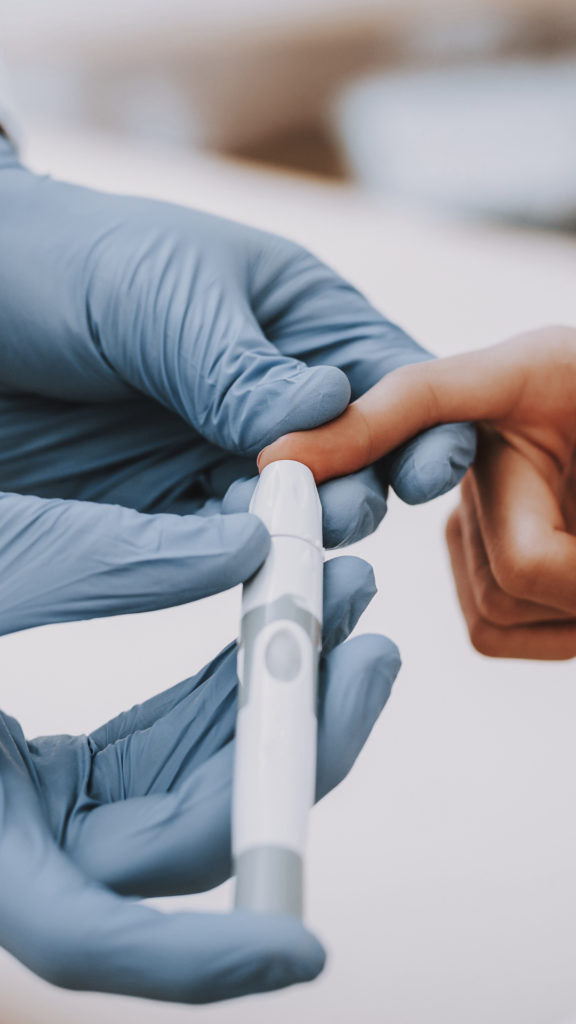
Many people with diabetes wonder how to lower a1c naturally, but it’s important to know the best ways to do that and what myths are out there.
As with any health topic, there are a lot of ideas floating around out there about how to lower your a1c. In this article, we’ll dive into what a1c is and not myths and truths about how to lower a1c naturally.
***This article is not intended to provide medical advice, diagnosis, opinion, treatment or services. This article and the links contained in it provide general information for educational purposes only. The information provided in this article is not a substitute for medical care, and should not be used in place of the advice of your physician or registered dietitian.***
What is a1c?
Before we dive into how to lower a1c naturally, let’s briefly review what a1c is.
A1c is a commonly used term short for hemoglobin A1c. This blood test is used to diagnose pre-diabetes, type 1 diabetes, and type 2 diabetes. And if you already know you have diabetes, the a1c is used as a measure of blood sugar control/glycemic control.
The a1c is a reflection of what your average blood sugar has been over the last 2-3 months and tells your physician how much glucose (aka, sugar) is attached to your red blood cells.
A higher A1c means on average your blood sugar has been higher. The chart at the end of this article gives a good comparison of A1c and estimated average blood sugar level.
Wondering what a1c stands for?
As I briefly mentioned above, a1c is a short name for a blood test: glycated hemoglobin. wHere’s what each letter and number indicates:
- Hemoglobin: a protein that carries oxygen from the lungs to your body’s cells and an important part of red blood cells
- A1c: There are many types of hemoglobin, but A1c is the most common type of hemoglobin making up about 2/3 of the hemoglobin in most people.
How does glycemic control relate to a1c?
Your a1c and blood sugars have a linear relationship. This means that when your blood sugars are higher, your a1c will be higher.
How to lower a1c naturally (without medication)
Now, let’s dive in to why you’re really reading this article… here are some proven ways for how to lower a1c naturally that might be effective for most people.
- Be more physically active
- Prioritize overnight blood sugar levels
- Eat balanced meals
- Pre-bolus (for people on insulin therapy)
- Practice positive sleep habits
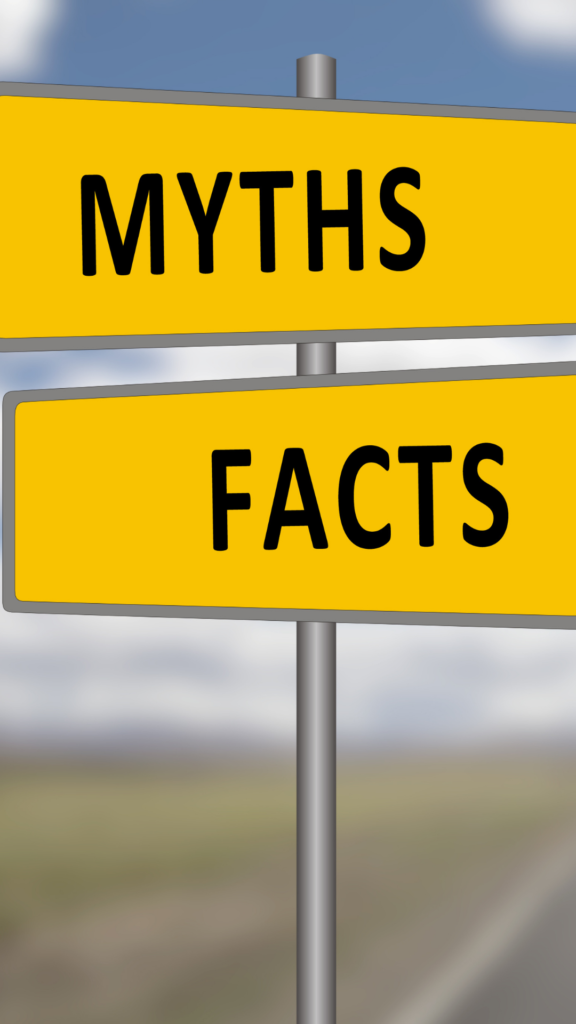
Be more physically active: This does not mean killing your body at the gym everyday or forcing yourself to do some form of exercise that you dread. Even something as simple as adding in a 30 minute walk each day can have a positive impact on lowering a1c.

Prioritize overnight blood sugars: Think about it. The time you sleep accounts for anywhere from 1/3-1/2 of the hours in a day. If managing blood sugars during the day is hard or difficult, work with your doctor to prioritize overnight blood sugars. I have some tips on how to do this in my post on bedtime snacks too.
Eat balanced meals: Making sure that the meals and snacks you eat are balanced with fat, fiber, and protein is crucial for keeping blood sugars stable and learning how to lower a1c naturally.

Pre-bolus (for people on insulin therapy): If you are on rapid acting insulin therapy, consider taking insulin 10-15 minutes before you eat, instead of right when you start eating.
Practice positive sleep habits: Poor sleep habits can make blood sugars more difficult to manage, and high blood sugars can cause poor sleep. Focus on practicing positive sleep habits.

How to lower my a1c: 5 common myths to ignore
So, now that you know true ways that you may be able to lower a1c naturally, let’s look at some myths that are out there and are exactly NOT how to lower a1c naturally.
- Take cinnamon supplements
- Go on the keto diet
- Go gluten free
- Cut out sugar
- Use essential oils
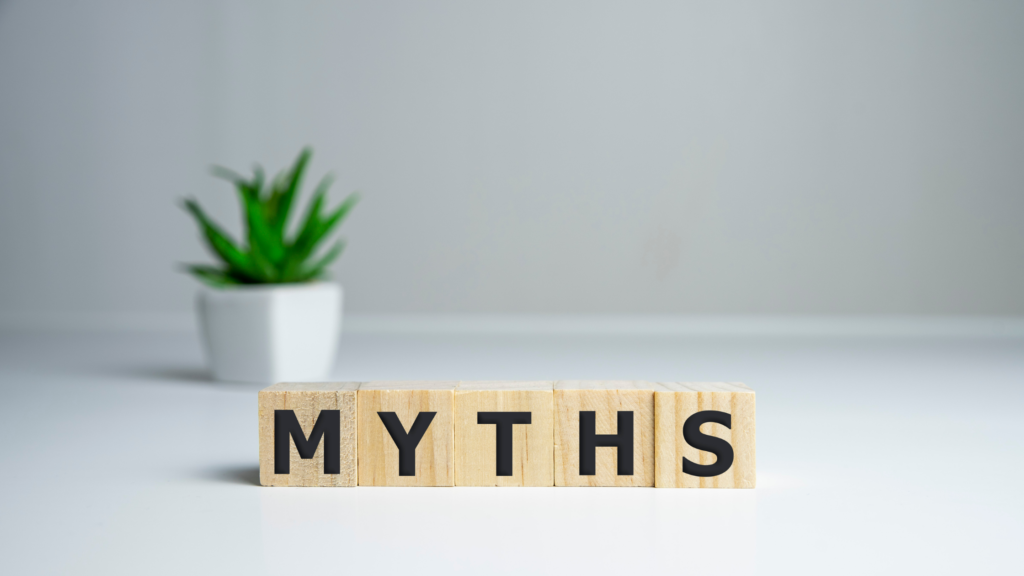
Take cinnamon supplements: : There is some data on some types of cinnamon that shows a modest improvement in glycemic response, but this does not translate to improved a1c levels in the long term. If you want to add cinnamon to your food, go for it! It tastes delicious. But I would not recommend cinnamon supplements.
Go on the keto diet: While eliminating carbohydrates may show some short term improvement in blood sugars, long term health impacts negate any short term benefits. Most health care professionals agree that a keto diet is not recommended for people with diabetes.
Go gluten free: There is no scientific evidence for this statement. In fact, many gluten free food products actually have a higher glycemic value than traditional products.
Cut out sugar: Cutting out sugar would mean cutting out fruit and most vegetables. And we know from decades of research, that a diet rich in fruits and veggies is recommended for people with diabetes.
Use essential oils: While some anecdotal stories of people perceiving a reduction in blood sugar when using essential oils do exist, there is no scientific evidence to support this claim.
Common questions about a1c:
How can I lower my A1C without medication?
The 5 recommendations listed above are a great place to start when trying to learn how to lower a1c naturally. And, work with your doctor and diabetes educator to build a plan that works for you!
How long does it take to lower A1C?
A1c is measured every 3 months. If effective strategies are implemented, changes should be seen within 3-6 months.
What foods can I eat to lower my A1C?
No food in and of itself can lower a1c. But rather, the combinations of foods we choose to eat together can have an impact on a1c levels.
Can losing weight lower A1c?
For some people, yes. Losing weight if accompanied by other blood sugar balancing behaviors, may help lower a1c. But weight loss by itself won’t necessarily lower a1c levels.
How does a1c relate to diabetes blood sugar levels?
See the chart below for comparisons between your a1c level and what your estimated average blood sugar may be.
What will my a1c be if I have normal blood sugar levels?
An a1c of 5.6% or less is considered a “normal” a1c. People without diabetes will have an a1c in this range. For people with diabetes, a1c target ranges will vary based on a number of factors. Speak with your healthcare team to decide what your best target a1c should be.
Easy a1c chart
Use the chart below to determine what your a1c means your estimated average blood glucose level is.
| A1c value | Estimated Average Blood Glucose (Sugar) Level (mg/dL) |
| 5% | 98 |
| 6% | 126 |
| 7% | 154 |
| 8% | 183 |
| 9% | 212 |
| 10% | 240 |
| 11% | 269 |
| 12% | 298 |
Now that you know what a1c is, what it means, how to lower a1c naturally, and some myths about lowering a1c, check out these other related topics…
- Blood Sugar Balance: Choosing the Right Foods
- What are the 6 different types of diabetes?
- 51 Best Packaged Snacks for People with Diabetes
- 9 Diabetes Myths Debunked



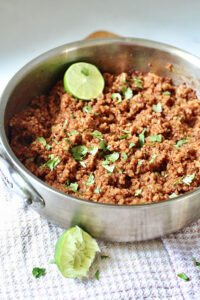


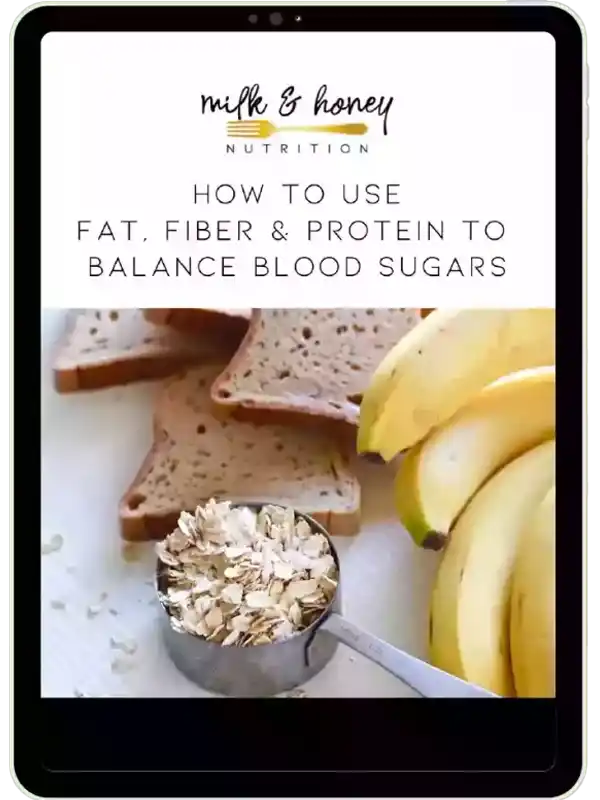
7 Responses
How do you feel about supplements like Berberine?
I have it and it helps. I wont take metformin
Im glad I found this. In the past only 1 time my sugar spiked to A1C level of 14 and sugar 485. Now 4 years later it did the same. The first time my doctor gave me glimperide which lowered it to 6 and sugar was 110 . However because of Omamacare I had to switch doctors and no medicine and it did the same. Doctor wanted me to start injectons but I refuse. Gald I found this because Im trying to do it naturally and this give me hop. I have NO symptoms of a diabetic 1 or 2.
I am type 2 diabetic and have found the carnivore eating plan the most successful. I am 74 years old and recently underwent quadruple by pass heart surgery. I am in the process of reversing my diabetes that I have had since the age of 18.
My A1c was 5.8 in the fall of 2020. I followed the advice of more aerobic exercise. It didn’t change a thing.
In May 2022, my A1c was 6.1. I gave up almost all starch – rice, noodles, potatoes, most bread – and most processed sugar – cookies, donuts, desserts, jelly, honey, coffee creamer. My breakfasts consist of strawberries, blueberries, raspberries, and blackberries with a cup of mixed nuts – almonds, cashews, and walnuts. I get 300-400 minutes per week of aerobic exercise. My pulse rate is 55. As of September 2022, my A1c was 5.9.
Here it is seven months later and my A1c is still 5.9. That’s despite still doing 300-400 minutes per week of aerobic exercise and a few thousand pushups per week. I’m also 25 lbs lighter than two years ago.
Something else is at work here when all this dieting and exercising does nothing to lower A1c.
My doc told me today that if you’re A1c is high after eating correctly and lots of exercise, she said the next two things to pursue: 1) Sleep study to check to see if you are getting enough quality sleep. Doc said this is a big factor in A1c. I was told there are several types of sleep apnea you can experience and not be aware. You can now do sleep studies at home now. 2) Next, look at your pancreas. You may be doing all the right things, but if your pancreas is not working properly, your A1c will be higher. I’m not a medical professional, nor am I in the medical field. I’m just repeating what I was told by my doctor. Maybe her knowledge will help you.
Have they checked you for insulin resistance? If they aren’t treating that and it’s something you’re dealing with it will make a big difference.